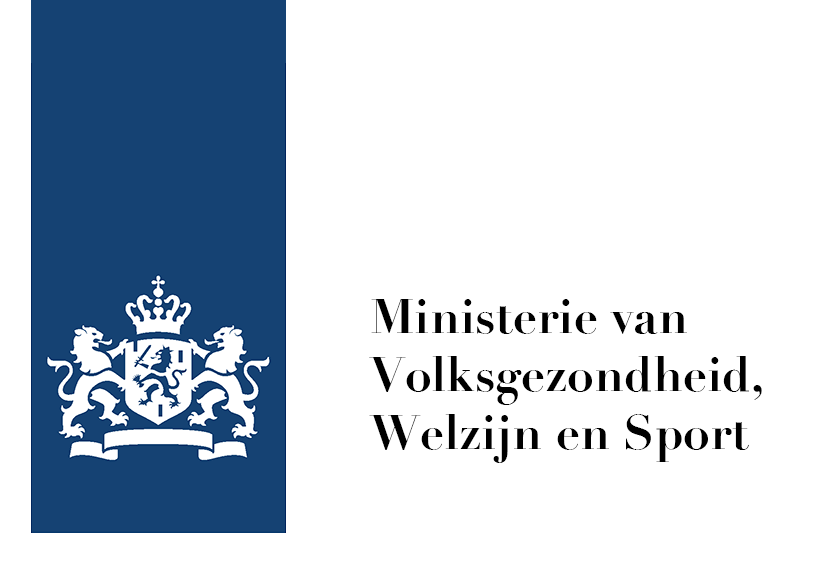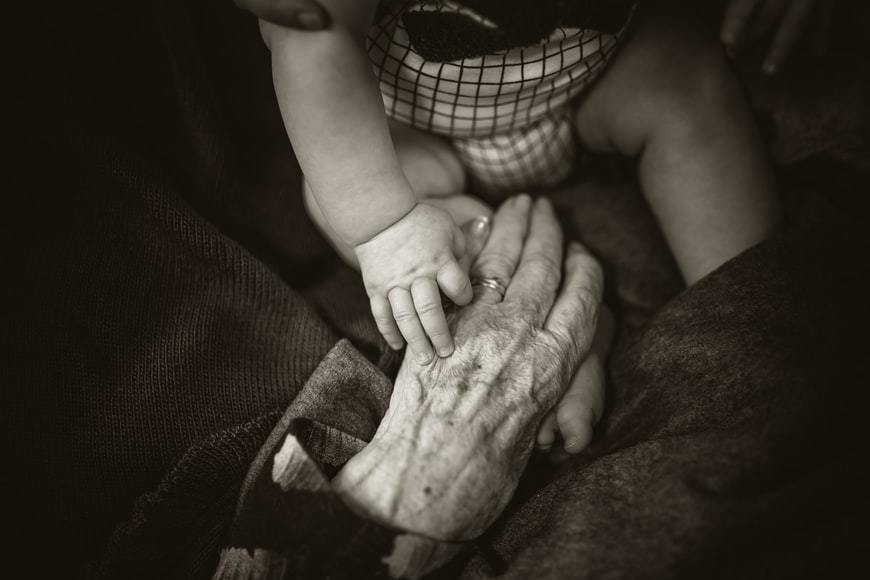 Institute for Societal Resilience
Institute for Societal Resilience
Understanding resilience through engaged scholarship
New steering of decentralised care and support

This study focuses on the collaborations between the social and medical domain that have emerged after the reform of long-term care in 2015. The study follows how parties who have no history of collaboration still come to alignment in the changed healthcare system.
This research focuses on the administrative cooperation between social and medical domain that arose after the reform of long-term care in 2015. The research follows how parties that have no history of cooperation nevertheless come to an alignment in the changed care system. In doing so, the research focuses on how the actors involved shape tensions around cooperation (between integration and differentiation) and decentralisation (between central frameworks and local autonomy).
- Status
- Active research
- Original language
- Dutch
- Researchers
- Sarah van Duijn,, Sierk Ybema; Henk Nies; Duco Bannink; Frans Kamsteeg
The need for cooperation in healthcare always leads to tension. Although the partitions are complicated and sometimes seem to get in the way of coordination, we argue in this paper that we cannot do without them. In fact, the tensions are essential for the functioning of our healthcare system.
Policy bubble blowWe often see epic, abstract rhetoric in policy, especially when it comes to creating support for major changes. This is fine, for example to inspire and legitimise. However, it is important that we also pay attention to how this rhetoric connects to practice and is made concrete there.
Working towards networks: local actors’ strategies for navigating tensions in localized healthcare governance.Network control is popular, but not easy to put into practice. This has to do with the tensions surrounding cooperation and decentralisation. In this article, we investigate which strategies actors use to deal with these tensions in their daily work and discuss the implications of this on the implementation of network governance.
Everywhere and nowhere at once: the challenges of following in multi-sited ethnographyMulti-sited ethnography is a suitable method for following inter-organisational cooperation, but also a complicated one. This article discusses the potential and difficulties of 'following' in multi-sited ethnography and shares implications for follow-up research.
Tensions within the reform of long-term care: Research report on the transition and cooperation between the social and medical domain.Research report on the collaborations that arose after the reform of long-term care. We show that cooperation is always accompanied by tensions and that parties from the social and medical domain go through a cycle of opposition-negotiation-transcending in order to achieve coordination, both in administrative cooperation and in coordination in the district.

Ministry of Health, Welfare and Sport





